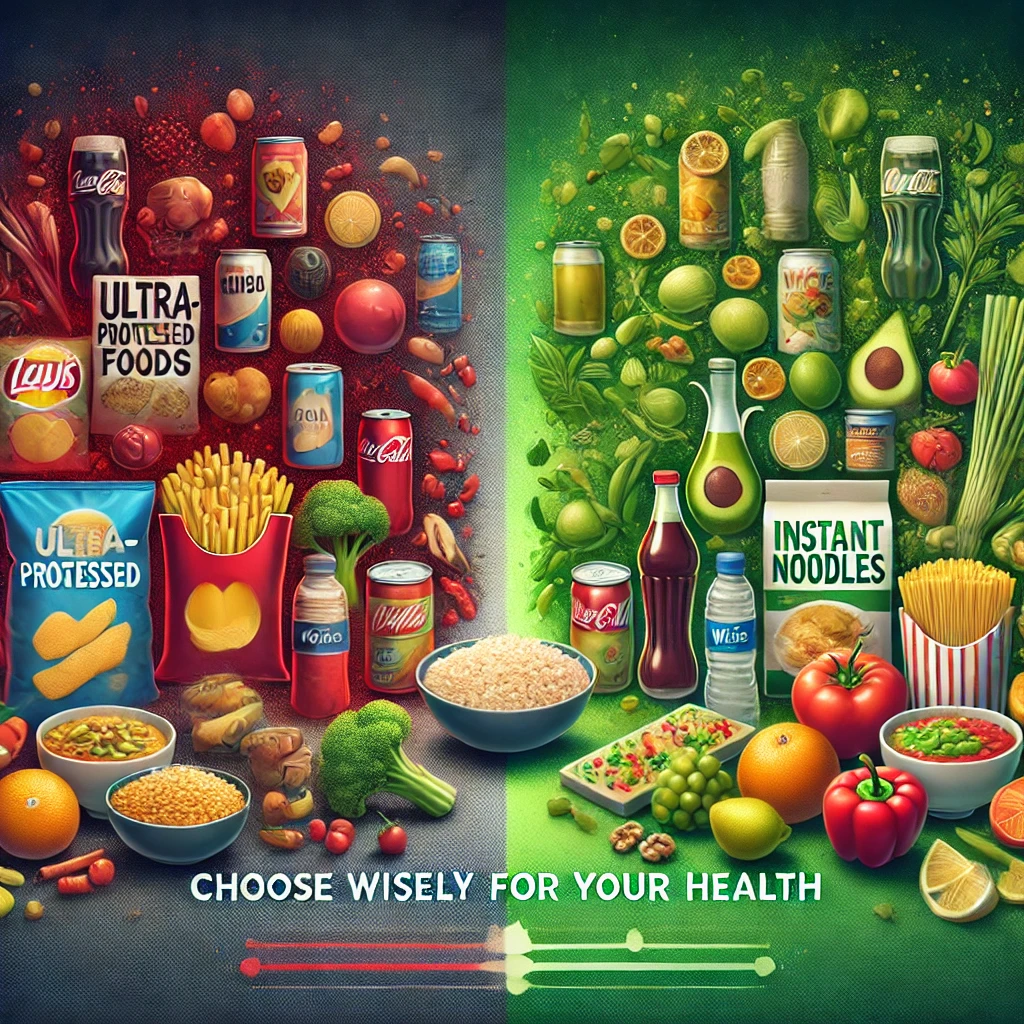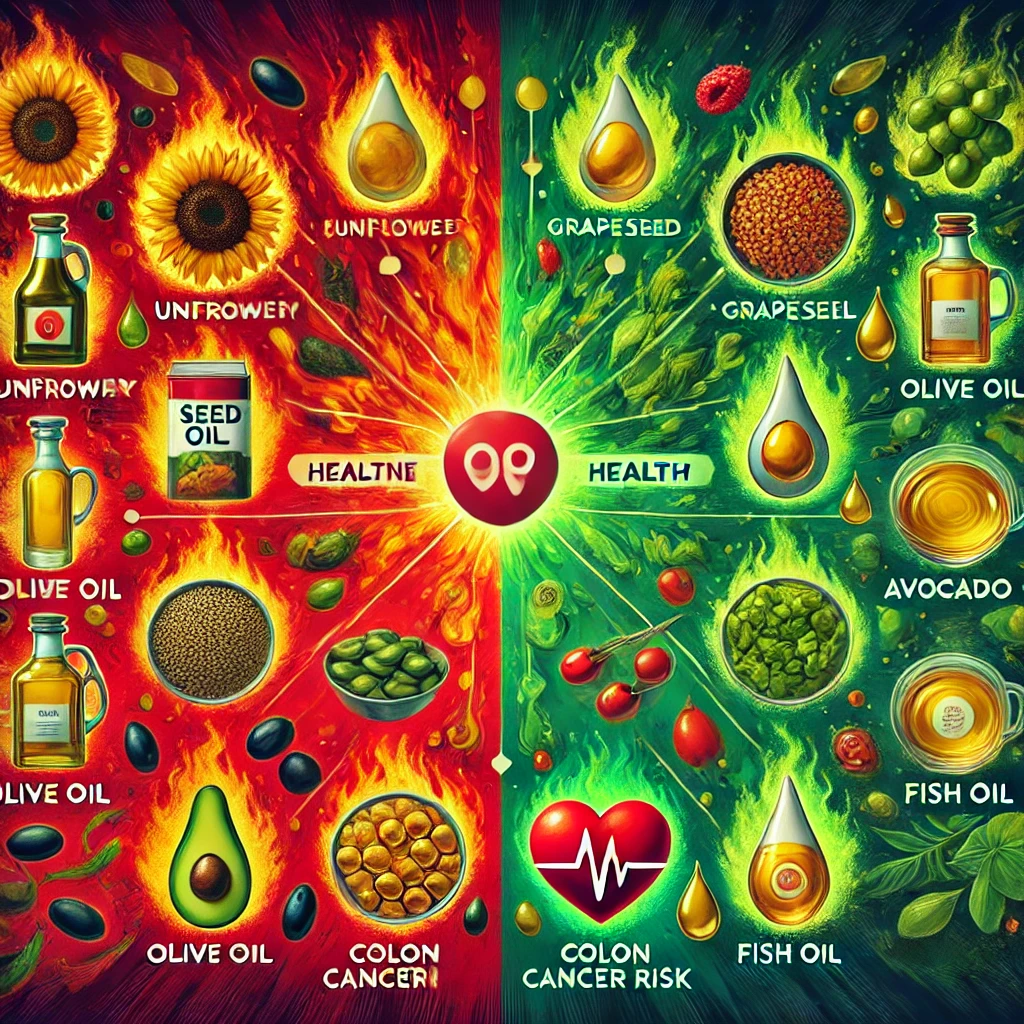I ate Ultra-Processed Foods and had colorectal cancer
Ultra-processed foods (UPFs) hold a prominent place in modern Western diets, but their impact on health can be deeply concerning. Recent studies have highlighted the connection between UPF consumption, chronic inflammation, and an increased risk… I ate Ultra-Processed Foods and had colorectal cancer

